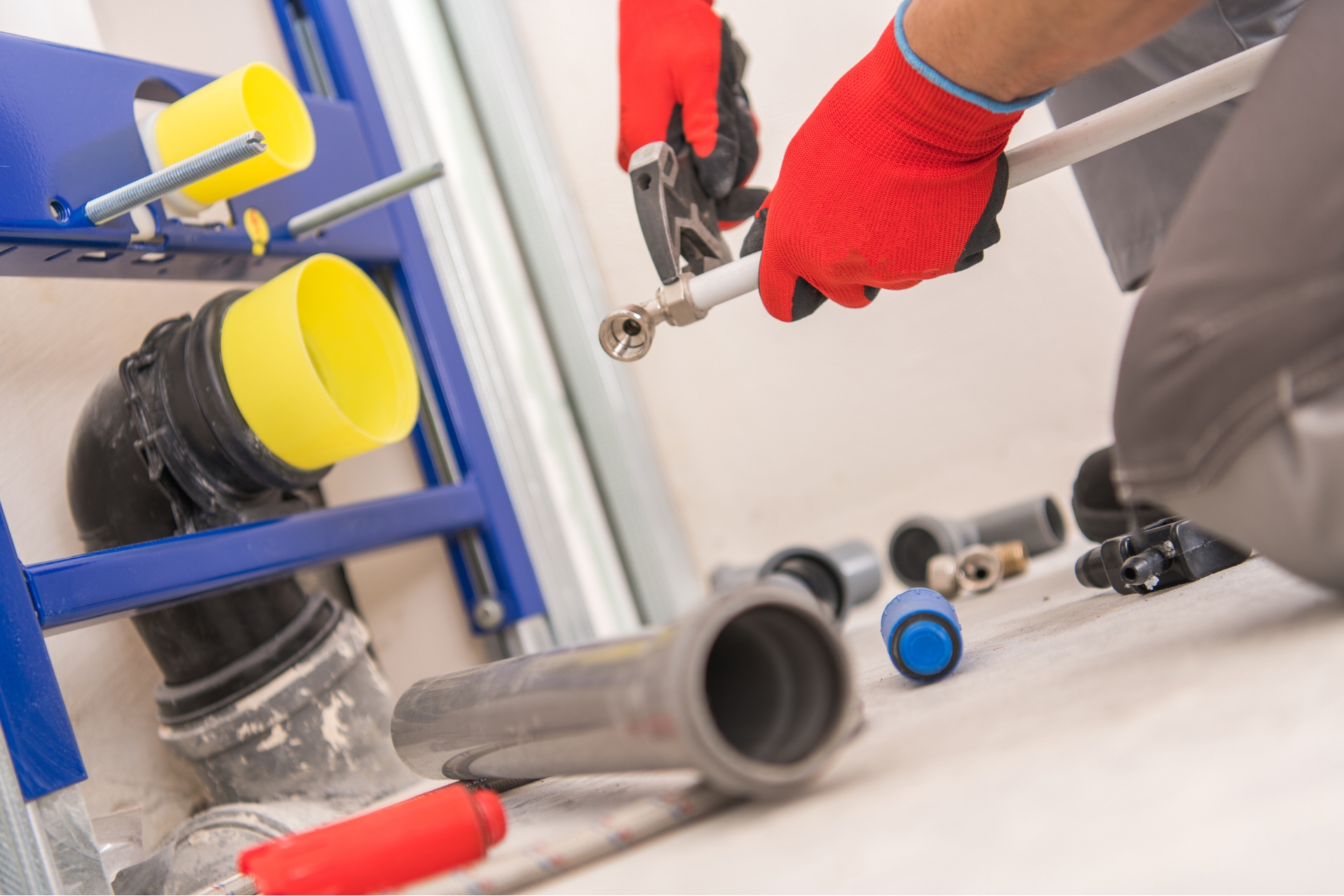How to Handle Common Issues Until Help Arrives
Plumbing emergencies can strike at any moment, causing inconvenience, water damage, and stress for homeowners. Whether it’s a burst pipe, overflowing toilet, or sudden leak, knowing how to respond promptly and effectively can minimize the damage and help you regain control of the situation until professional help arrives. In this blog post, we’ll discuss common plumbing emergencies and provide essential tips for handling them safely and efficiently.
1. Burst Pipe:
- Shut off the water supply: Locate the main water shutoff valve in your home and turn it off to stop the flow of water.
- Drain faucets: Open faucets to relieve pressure and drain excess water from the pipes.
- Contain the leak: Use towels, buckets, or containers to contain the water and prevent further damage to your home.
- Call a plumber: Contact a licensed plumber immediately to assess the damage and repair the burst pipe.
2. Overflowing Toilet:
- Stop the flow of water: Lift the toilet tank lid and manually push down the flapper valve to stop the flow of water into the bowl.
- Clear the blockage: Use a plunger to try and dislodge the clog and alleviate the overflow.
- Clean up excess water: Use towels or a wet vacuum to clean up any water that has spilled onto the floor.
- Call a plumber: If you’re unable to resolve the issue on your own, contact a plumber for assistance.
3. Leaking Water Heater:
- Turn off the power: For electric water heaters, switch off the circuit breaker. For gas water heaters, turn off the gas supply.
- Shut off the water supply: Locate the cold water inlet valve and turn it off to stop the flow of water into the tank.
- Drain the tank: Attach a hose to the drain valve at the bottom of the water heater and drain the tank to prevent further leaking.
- Call a plumber: Contact a plumber to inspect the water heater and perform any necessary repairs or replacements.
4. Clogged Drain:
- Try a plunger: Use a plunger to attempt to dislodge the clog by creating suction and pressure.
- Use a drain snake: If the plunger doesn’t work, try using a drain snake to break up and remove the clog.
- Avoid chemical drain cleaners: Chemical drain cleaners can be corrosive and may damage your pipes. It’s best to avoid them and opt for mechanical methods instead.
- Call a plumber: If you’re unable to clear the clog on your own, contact a plumber for professional assistance.
5. Frozen Pipes:
- Turn off the water supply: Shut off the main water supply to prevent further damage if a pipe bursts.
- Thaw the pipes: Use a hairdryer, heat lamp, or space heater to slowly thaw the frozen pipes. Never use an open flame or propane torch, as this can cause damage or start a fire.
- Insulate pipes: Once thawed, insulate exposed pipes to prevent them from freezing again in the future.
- Call a plumber: If you’re unable to thaw the pipes or if a pipe has burst, contact a plumber for immediate assistance.
In conclusion, knowing how to handle common plumbing emergencies can help you mitigate damage, protect your home, and ensure the safety of your family until professional help arrives. Remember to stay calm, act quickly, and prioritize safety at all times. For professional plumbing services and emergency assistance, contact FS Electricians today. Our team of experienced plumbers is here to help you resolve any plumbing issue and restore peace of mind to your home.

